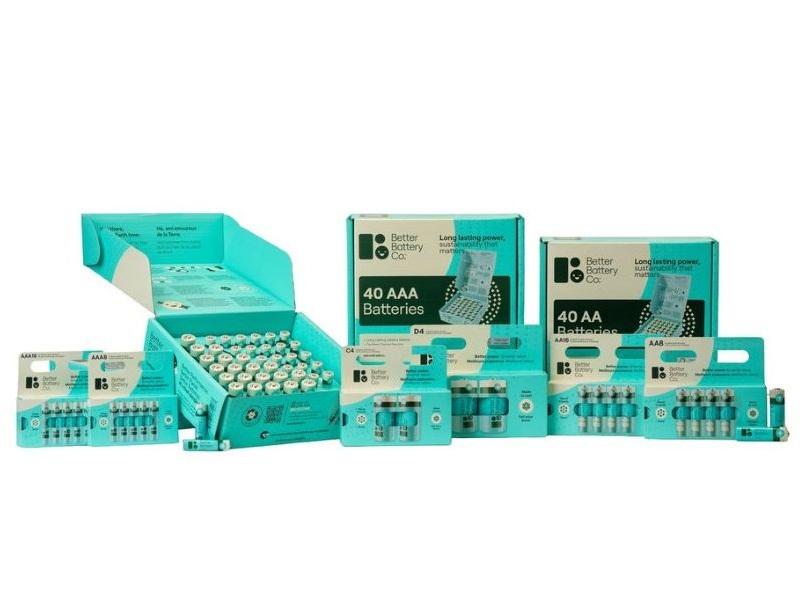
Liquidity issues at Calgary-based Tidewater Renewables Ltd. have led the company to sell almost $130 million in fuel infrastructure and secure a commitment for potential sales of low-carbon fuel standard (LCFS) credits to its owner Tidewater Midstream Inc.
In its Q2 financials, Tidewater Renewables (LCFS-T) says it was unable to secure any contracts for B.C. LCFS credits for Q3. It “relies heavily” on revenue from the credits, the company states in a release.
Not only did it fail to attract any buyers, the market showed signs of serious strain. The B.C. government announced only two LCFS credit sales in July, with an average price of $207 per credit at a total volume of 7,049 credits. It fell short of the approximate average price of $450 per credit for previous sales by Tidewater.
Assets included in the sale
To offset the loss, Tidewater Renewables’ and Midstream’s (TWM-T) special committees and boards of directors approved an agreement under which Tidewater Midstream will acquire fuel assets for $129.7 million. It also includes a commitment to purchase a minimum of $80.7 million in B.C. LCFS credits over the next nine months if Tidewater Renewables’ renewable diesel facility operates at over 90 per cent utilization.
The assets being sold to cover its liquidity shortage are:
- a canola co-processing infrastructure;
- a fluid catalytic cracking co-processing infrastructure and steam methane reformer;
- working interests in other Prince George, B.C. refinery units; and
- a natural gas storage facility co-located at Tidewater Midstream's Brazeau River Complex.
The proceeds will go toward repaying outstanding amounts on a senior credit facility to alleviate Tidewater Renewables’ liquidity struggles. The company said the maturity of its $175-million senior credit facility and $25 million in additional debt capacity under a second debt facility were extended from Aug. 18 to Aug. 30 to accommodate its transaction.
“The need for lower-carbon energy alternatives remains strong with increasing urgency to address climate change,” Tidewater Renewables CEO Jeremy Baines said in an investor call. “Government support for climate policies is expected to continue, particularly in our markets of North America.”
Tidewater Renewables operates Canada’s first renewable diesel plant in Prince George, B.C., named the Hydrogenation Derived Renewable Diesel (HDRD) facility. It is also looking to produce sustainable aviation fuel (SAF).
Tidewater Renewables’ financials in Q2
In Q2, Tidewater Renewables generated revenue of $147.2 million with net income attributable to shareholders at $4.9 million. This compares to Q1 revenue of $111.2 million and net income attributable to shareholders of $7.7 million.
The increase in revenue was attributed to improvements in throughput and reliability at the HDRD facility that reached daily production of 2,925 barrels per day, a 98 per cent utilization rate.
Net debt stood at $316.4 million in Q2, compared to $306.9 million the previous quarter.
The quarterly decline in B.C. LCFS sales is evident in government data. In January, February and March, the province tabulated 11, 18 and 39 transfers, respectively. Total volume of credits were 65,344, 194,111 and 394,301 in the respective months, with price per credit ranging from $476.58 to $494.44.
A sharp decline was seen in Q2, plummeting to two, four and six transfers in April, May and June, respectively. Total volumes were 4,815, 27,696 and 110,292. Prices per credit varied from $452.12 to $474.71.
Tidewater Renewables blamed the tumble on large amounts of subsidized renewable diesel from the U.S. being sold on the B.C. market. Baines said he expects the imbalance will revert due to changing regulations in California and B.C.
Tidewater is encouraging the B.C. and Canadian governments to change regulations so the domestic renewable fuels industry is better supported.
On the SAF front, Baines said Tidewater will announce an investment decision for its proposed 6,500 barrels-per-day facility in 2025.










